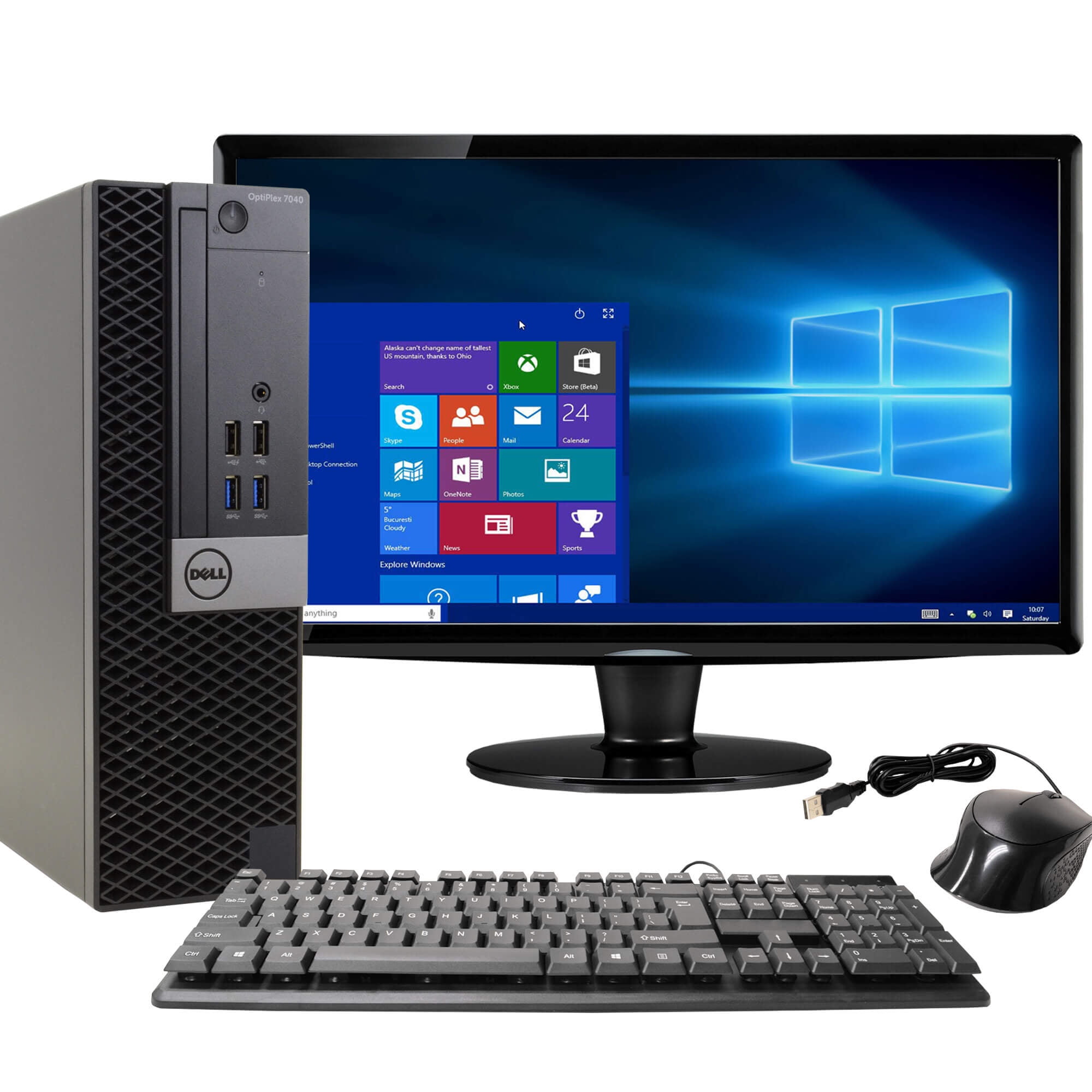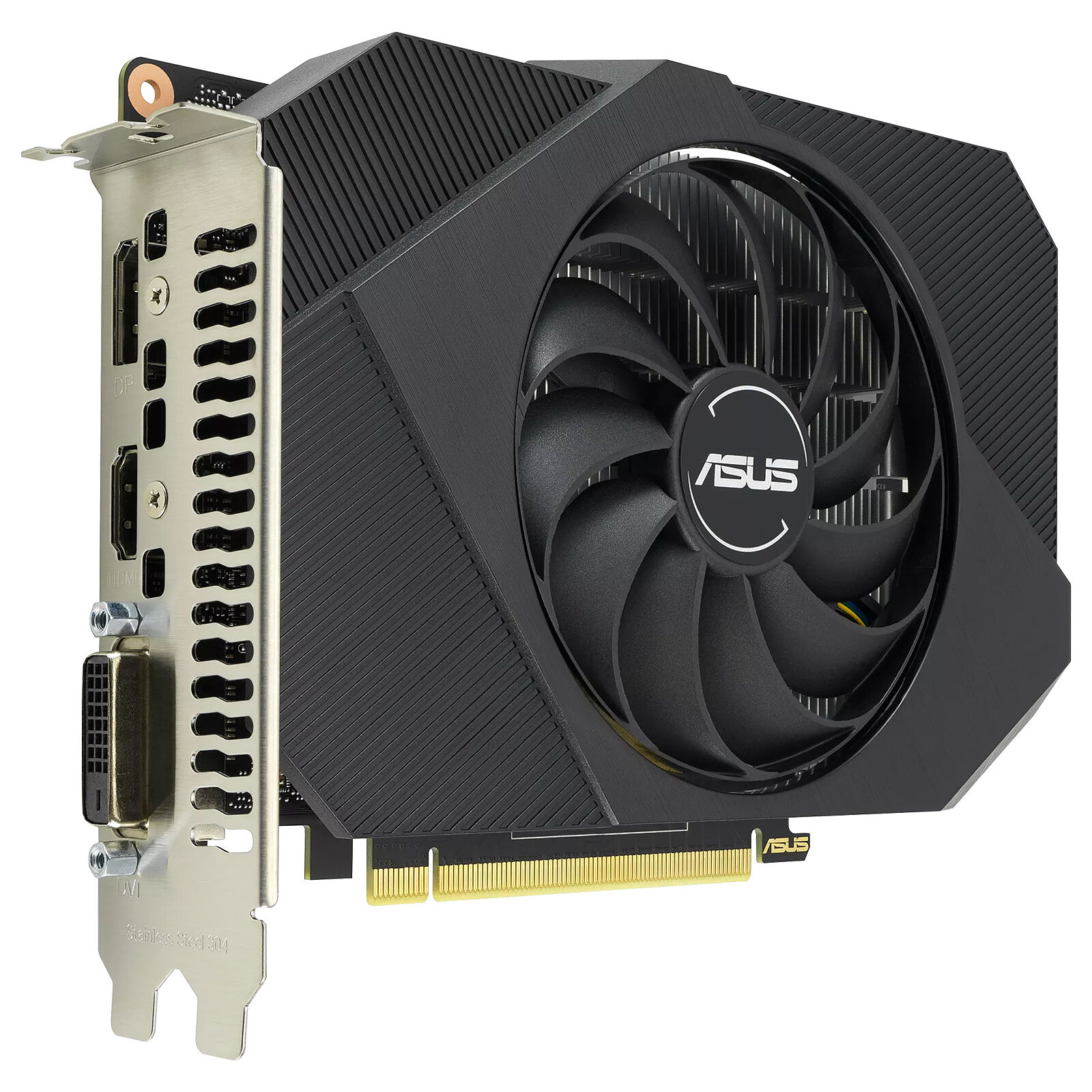Understanding Dedicated Servers in Gaming: Performance, Control, and Setup
Introduction: The Role of Dedicated Servers in Gaming
Online gaming has evolved rapidly, and with this growth, the need for reliable, high-performance environments has soared. One of the pillars supporting this evolution is the dedicated server . If you’ve played multiplayer titles or aspire to host your own gaming community, understanding dedicated servers is crucial. This article unpacks what a dedicated server is in gaming, its key advantages, how it compares to alternatives, and practical steps for setup. You’ll also find guidance on accessing these services, potential challenges, and current industry best practices.
What Is a Dedicated Server in Gaming?
A dedicated server for gaming is a physical or virtual machine used exclusively to host a single multiplayer game or game environment. Unlike peer-to-peer (P2P) or shared servers, all CPU, memory, bandwidth, and storage resources are allocated to the game, ensuring consistent performance for all connected players [1] [2] . In this architecture, the server acts as the central authority, managing all aspects of the game world-player locations, interactions, rules, and more-while client devices handle rendering and input [3] .
How Dedicated Servers Work: Technical Overview
Dedicated servers are typically hosted in data centers or by specialized providers. The server runs the game’s server software, which synchronizes gameplay, processes real-time player actions, and enforces in-game rules. Unlike shared hosting, no other applications or tenants consume resources, which reduces lag and improves stability [2] . The dedicated server does not render graphics; instead, it transmits state updates and commands to each player’s device, which handles graphics and audio locally [3] .
Key Benefits of Using Dedicated Servers for Gaming
1. Superior Performance and Low Latency: All server resources are exclusively devoted to one game, minimizing lag and ensuring a smoother, more responsive experience. This is essential for fast-paced, competitive games where milliseconds matter [1] .
2. Reliability and Stability: By avoiding resource contention with other applications or games, dedicated servers offer a highly stable environment, reducing crashes and disconnections [2] .
3. Enhanced Control and Customization: Server administrators have full authority to set game rules, manage player access, and install custom mods or content. This is ideal for hosting private communities, tournaments, or custom scenarios [4] .
4. Improved Fairness and Security: Centralized processing helps prevent cheating and exploits, as the server verifies all game logic and can apply robust security measures [1] .

Source: ahaslides.com
Dedicated vs. Shared and Peer-to-Peer Servers
In peer-to-peer (P2P) setups, one player’s device acts as the host, often resulting in uneven performance, host advantage, and greater risk of dropped connections. Shared servers run multiple games or applications simultaneously, dividing resources and risking performance issues. In contrast, dedicated servers provide unmatched consistency and control, especially vital for large gaming communities or eSports events [1] [2] .
Examples of Dedicated Server Use in Popular Games
Many renowned games use or support dedicated servers, including:
- Minecraft: Allows players to host private worlds with custom mods and settings.
- Counter-Strike: Global Offensive (CS:GO): eSports tournaments and private matches rely on dedicated servers for fairness and reliability.
- ARK: Survival Evolved: Communities host persistent worlds that only dedicated servers can reliably maintain.
These examples highlight how dedicated servers empower players to create, manage, and protect their own gaming environments [4] .
How to Access and Set Up a Dedicated Game Server
There are two main approaches: self-hosting or renting/using managed hosting providers .
Self-Hosting a Dedicated Server
To self-host, you need a capable PC or server hardware with a strong CPU, ample RAM, and reliable network connectivity. You must install the game’s server software, configure firewall and port settings, and ensure your internet bandwidth supports multiple concurrent connections [3] . This approach provides maximum customization but requires technical know-how and ongoing maintenance (hardware repairs, security patches, backups).

Source: ahaslides.com
Step-by-Step Guidance:
- Check the official website for your chosen game to find server software and installation guides.
- Prepare your hardware; ensure it meets or exceeds recommended specifications.
- Install the server software, following official documentation.
- Configure network settings (port forwarding, firewall rules) as specified by the game’s requirements.
- Test the server locally and then invite external players to verify connectivity and performance.
- Maintain the server regularly by updating software, monitoring performance, and securing against threats.
If you are unsure about hardware requirements or technical steps, search for the game’s official forums or knowledge base. Many communities provide detailed guides and troubleshooting tips.
Managed or Rented Dedicated Game Servers
Most players and communities opt for managed hosting, which provides enterprise-grade hardware in secure data centers and professional support. Providers handle setup, security, hardware maintenance, and network uptime. This option typically involves a monthly or annual fee, with prices depending on server specifications and bandwidth requirements [3] [5] .
How to Get Started:
- Research reputable game server hosting providers by searching for terms like “dedicated game server hosting” or “managed gaming server rental” along with your game title.
- Review providers’ hardware options, data center locations, support availability, and customer reviews.
- Compare pricing, uptime guarantees, and included support services. Many major providers post this information directly on their official sites.
- Sign up, select your server configuration, and follow the provider’s instructions for setup and customization.
- Most providers offer control panels or dashboards to manage your server, install mods, and monitor performance.
If unsure which provider to choose, look for independent reviews and testimonials on established tech and gaming forums. Always confirm a provider’s legitimacy and reputation before making a purchase.
Challenges and Solutions
High Initial Cost (for Self-Hosting): Buying and maintaining server hardware can be expensive. Renting from a managed provider is often more practical for most users, as it eliminates upfront investment and ongoing technical burdens [1] .
Technical Complexity: Running your own server requires knowledge of network configuration, security, and system administration. Managed hosting providers usually offer comprehensive support and user-friendly interfaces, reducing the technical barrier [5] .
Security Risks: Servers exposed to the internet can be targets for attacks. Regular security updates, firewalls, and strong passwords are essential for protection. Managed hosters often provide built-in security features and monitoring.
Alternatives and Best Practices
For those seeking simplicity and lower costs, some games offer cloud-based hosting or official matchmaking servers. However, these rarely offer the same level of control and customization as a dedicated server. If your goal is to create a persistent, modifiable environment, a dedicated server remains the gold standard.
Before investing, consider your community’s size, technical skills, and desired features. For competitive gaming or custom scenarios, the advantages usually outweigh the costs [4] .
Accessing Dedicated Server Hosting: Guidance and Next Steps
If you want to rent or set up a dedicated server for gaming, consider the following:
- Identify your game’s official website and check for dedicated server documentation or partner hosting providers.
- Search for “[game title] dedicated server hosting” for a list of established providers.
- Contact providers directly via their official websites or customer support channels for pricing and setup information.
- If in doubt, consult major gaming forums or official community resources for personal recommendations and setup tutorials.
Most providers do not require long-term contracts, allowing you to scale or cancel as needed. Always read terms and conditions carefully and check for uptime guarantees and support policies.
Key Takeaways
Dedicated servers offer major benefits for multiplayer gaming, including performance, control, and stability . Whether self-hosting or using a managed provider, they empower you to create customized, fair, and persistent gaming environments. Carefully evaluate your needs, research reputable hosting options, and follow best practices for setup and security to make the most of your dedicated server experience.
References
- [1] phoenixNAP (2024). What Is a Dedicated Game Server & Why Use One?
- [2] Pine Hosting (2024). What Is a Dedicated Game Server: Benefits and Features
- [3] Liquid Web (2025). Dedicated Game Servers: What are They?
- [4] OVHcloud (2024). What Is A Dedicated Server For Gaming? (Ultimate Guide)
- [5] AWS (2022). What is a Dedicated Server?
MORE FROM findworkpro.com













